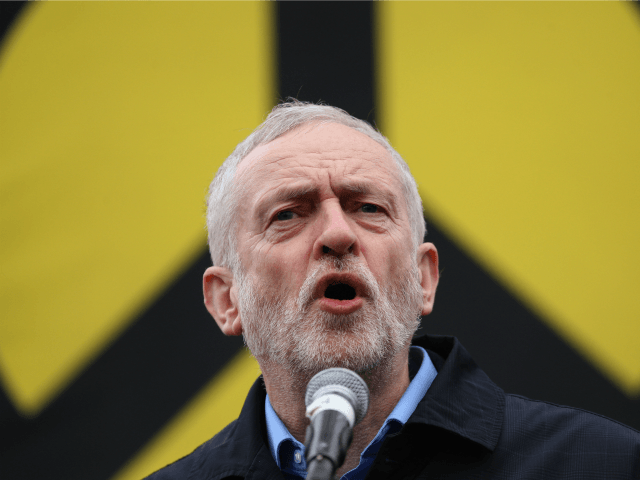An investigation by The Times has revealed Labour leader Jeremy Corbyn was arrested in 1986 for taking part in a protest organised by IRA sympathisers to “show solidarity” with terrorists, including Brighton bomber Patrick Magee.
The newspaper reports the MP, who has a long history of supporting the Republican movement, had joined a picket outside the Old Bailey to “show solidarity with the Irish Republican prisoners put on trial by the British state”, in the final week of the case.
The court had already heard evidence that Magee’s prints were found on a registration card in the Grand Hotel, Brighton, where the bomb was planted, timed to go off during the Conservative conference in October 1984.
The purpose of the terror attack was to kill then-Prime Minister Margaret Thatcher and members of her cabinet. Five people, including Conservative MP Sir Anthony Berry, died and 31 were injured. Several people, including Walter Clegg, whose bedroom was directly above the blast, and wife of Norman Tebbit, Margaret, were left permanently disabled.
The protest was organised by activists from the Troops Out Movement, closely linked to the IRA’s political wing, Sinn Féin.
Corbyn, who at the time had been MP for Islington North for three years, along with 15 other demonstrators, was arrested for obstruction after refusing police requests to move from outside the court. Protesters were held for five hours at Snow Hill police station then released on bail. The paper reports that they do not appear to have been charged.
The Times uncovered documents in the Troops Out archive, now held at the Bishopsgate Institute in London, which include a handwritten letter from the Labour leader to Troops Out activist Sal Jenkinson.
The letter, on House of Commons headed notepaper, to Jenkinson read: “Thanks for your help, hope you get out as I did! All the best, Jeremy.”
Jenkinson replies: “Thanks for your support in coming on the picket and being arrested… See you at Snow Hill if not before.”
Magee was subsequently convicted of five counts of murder and handed eight life sentences with the judge recommending he served at least 35 years. However, Magee was released in 1999 under the Good Friday agreement.
A spokesman for Corbyn told The Times: “Jeremy was at the Old Bailey to lobby for a fair trial. A number of serious miscarriages of justice had taken place at the time, which helped fuel the conflict, making peace in Northern Ireland harder to achieve and increasing insecurity across the UK. Lasting security comes from peace through negotiated agreements. Jeremy worked tirelessly to bring about that peace in Northern Ireland through dialogue, which culminated in the Good Friday agreement.”

COMMENTS
Please let us know if you're having issues with commenting.